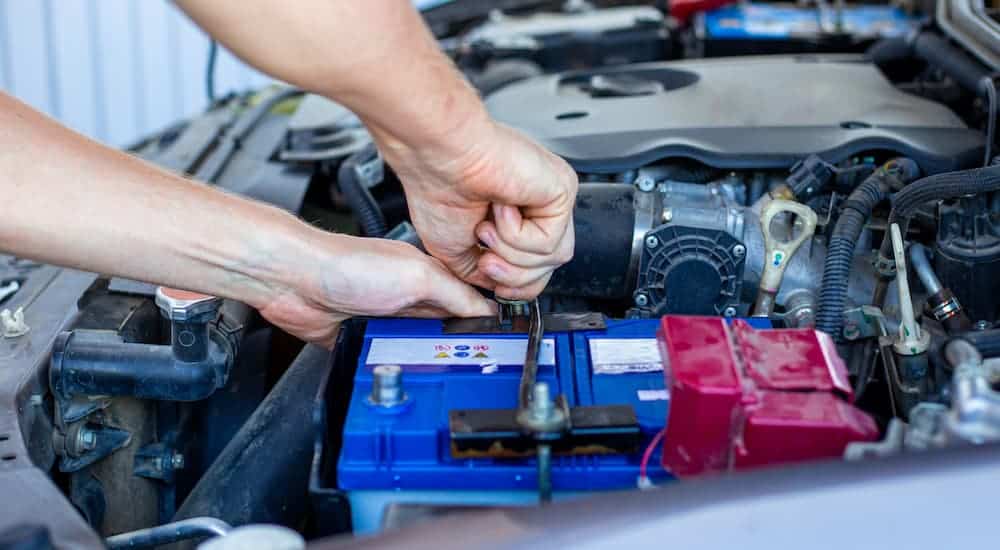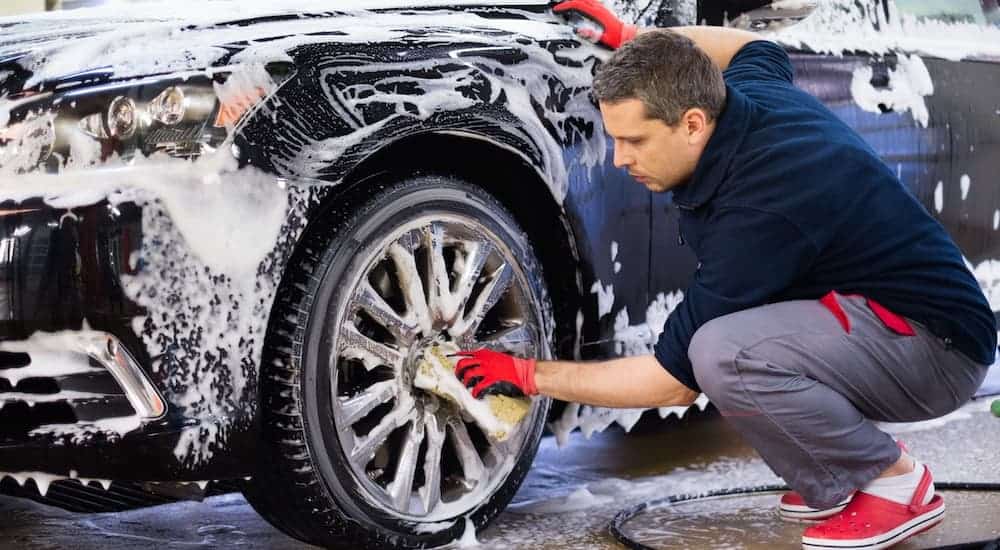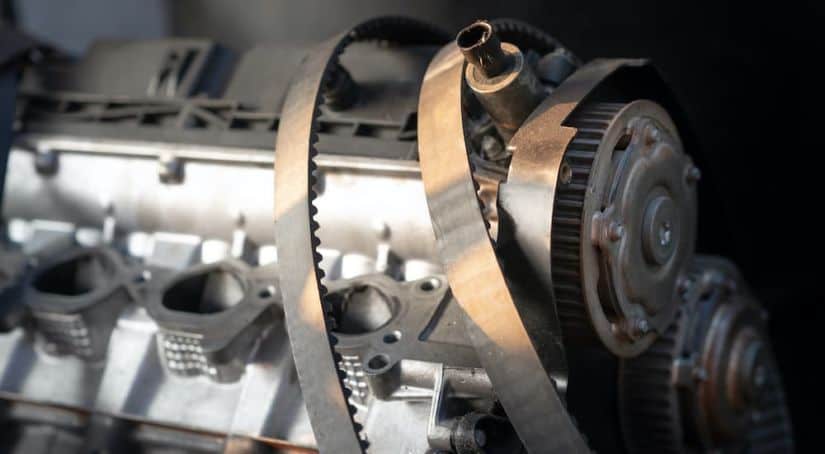It doesn’t matter if you’re trying to sell your vehicle to another driver, sell it to a dealership for cash, or want to use it for trade-in: you always want to get as much for it as possible. While the make, model, and year of your vehicle are certainly important, you should never underestimate the tremendous importance of the condition of your vehicle and how that impacts how much it’s worth. And the condition of your car typically comes down to one thing: proper car maintenance while you own it.
The best way to properly care for your vehicle is to make sure you’re taking good care of it from the very start, from the day you buy it. That being said, even if you’re not the best person in the world when it comes to service schedules and proper car maintenance, it’s never too late to get started. Even if you’re not necessarily interested in selling or trading in your car right now, at some point in the future, you might be, and this can all help. Plus, proper maintenance will keep your vehicle in great shape and make it a lot more enjoyable to drive.
#1 – Oil Changes on Schedule
I’m starting with this because it’s one of the simplest and most effective things you can do for your car. Engine problems not only make your car run worse when you’re trying to use it but can also result in very expensive future issues. Changing the oil in your engine on the manufacturer’s schedule is a simple way to keep your engine running smoothly. If you show up at a dealership and your engine sounds awful, or if they check the oil in it and see that it’s dirty and way-past due for a change, they’re going to count that against you for the value of your trade.
#2 – Rotating Your Tires
Another simple form of car maintenance that can help keep it at the highest value possible is routinely rotating your tires. Not only does this help even out the wear and tear on the tires themselves, but it can help with the condition of your wheels and suspension. So have your tires rotated on the proper schedule to avoid problems and keep them in the best condition possible while you’re driving.
#3 – Changing Your Belts
There are a number of belts that are part of your vehicle’s engine and other systems, such as the serpentine belt and fan belt. Not every vehicle has every type of belt – it depends on the design of the engine and other systems – but you probably have some. Replacing these belts as they wear down will help you avoid much more costly problems and keep your car running well. If a dealer checks the condition of these belts and sees they’re in great shape, and you can show them you had them recently replaced, then that can keep the value of your car high.
#4 – Replacing Your Tires
Rotating your tires is important, but no matter what, you’re going to need to replace them eventually. Even if you never drove your car, the rubber on the tires would still naturally break down over time, and the tires would have to be replaced. You should replace your tires as needed by checking their condition and the depth of your tread pretty regularly. If possible, have your tires replaced not long before going to sell your vehicle to ensure it is valued as highly as possible.
#5 – Having Your Brakes Checked
You might go the entire time you own your vehicle without needing to have the pads on your brakes changed, but it’s a good idea to have them checked pretty regularly. You can ask your service person to check the brakes when they have your vehicle on the lift for rotating or replacing your tires. If they see an issue, then have it fixed right away. Not only are poor or faulty brakes a safety issue when you’re driving, but they can also bring down the value of your car.
#6 – Flushing and Replacing Fluids
Your engine’s oil is not the only fluid in your vehicle that needs to be replaced on a fairly regular basis. From the fluid in your radiator to the hydraulic fluid in your brakes and everything in between, different fluids in your vehicle need to be filled, replaced, and even flushed on a somewhat routine basis. Your car’s owner’s manual can give you a schedule for how often you should do this, and this sort of car maintenance will keep your vehicle in the best condition.

#7 – Replacing Your Battery
Due to the way the chemicals in your car’s battery work, no matter what you do, it will need to be replaced eventually. If you notice warning signs that you need to replace your battery, such as difficulty getting your vehicle started, then don’t delay. Change your battery right away to ensure you don’t find yourself stranded in a bad situation. When a buyer or dealership sees a relatively new battery in your vehicle, then they know that’s one less thing they need to worry about, and you can typically ask for more for your car.
#8 – Listening to Your Car
This has a bit of a double meaning here, and both of them are important. First off, literally listen to your car to hear how it sounds while you’re driving. When you first get a vehicle, drive without music on and other distractions and listen to how your car sounds when it’s in good shape. As you drive, always listen to your car and pay attention any time something sounds off – this can be a great early warning to have it looked at before something really goes wrong.
Second, keep an eye on your car’s dashboard and watch for warning lights to come on. The check engine light and other warning lights are not polite suggestions; they are your car giving you real warnings that something is wrong. As soon as one of these lights comes on, take action to address whatever the problem may be. This could be something simple, or it might be more complex and require professional service. In either case, by addressing the issue quickly, you can avoid more expensive repairs and keep your vehicle in the best condition possible.

#9 – Keep it Clean
I know this might seem obvious or less important than some of my other suggestions, but it really does make a difference. For one thing, a clean vehicle can often run better in some key ways, especially in terms of keeping parts of your engine clean and in good condition. For another, keeping the outside of your vehicle clean can help avoid damage to the body. This is especially true if you live somewhere with rough winters where salt is used on the road since ice, snow, and salt can quickly cause rust that greatly diminishes your car’s value.
When you go to sell your vehicle to a dealership or private buyer, give it a thorough cleaning inside and out. A buyer, or dealer offering trade-in value, will likely offer you less for a car that looks bad and needs to be cleaned. Plus, you might find something you had forgotten in the vehicle, which would have otherwise been lost. But the point is this: no one wants to buy your mess, so keep it clean, and you’ll get more for it.



